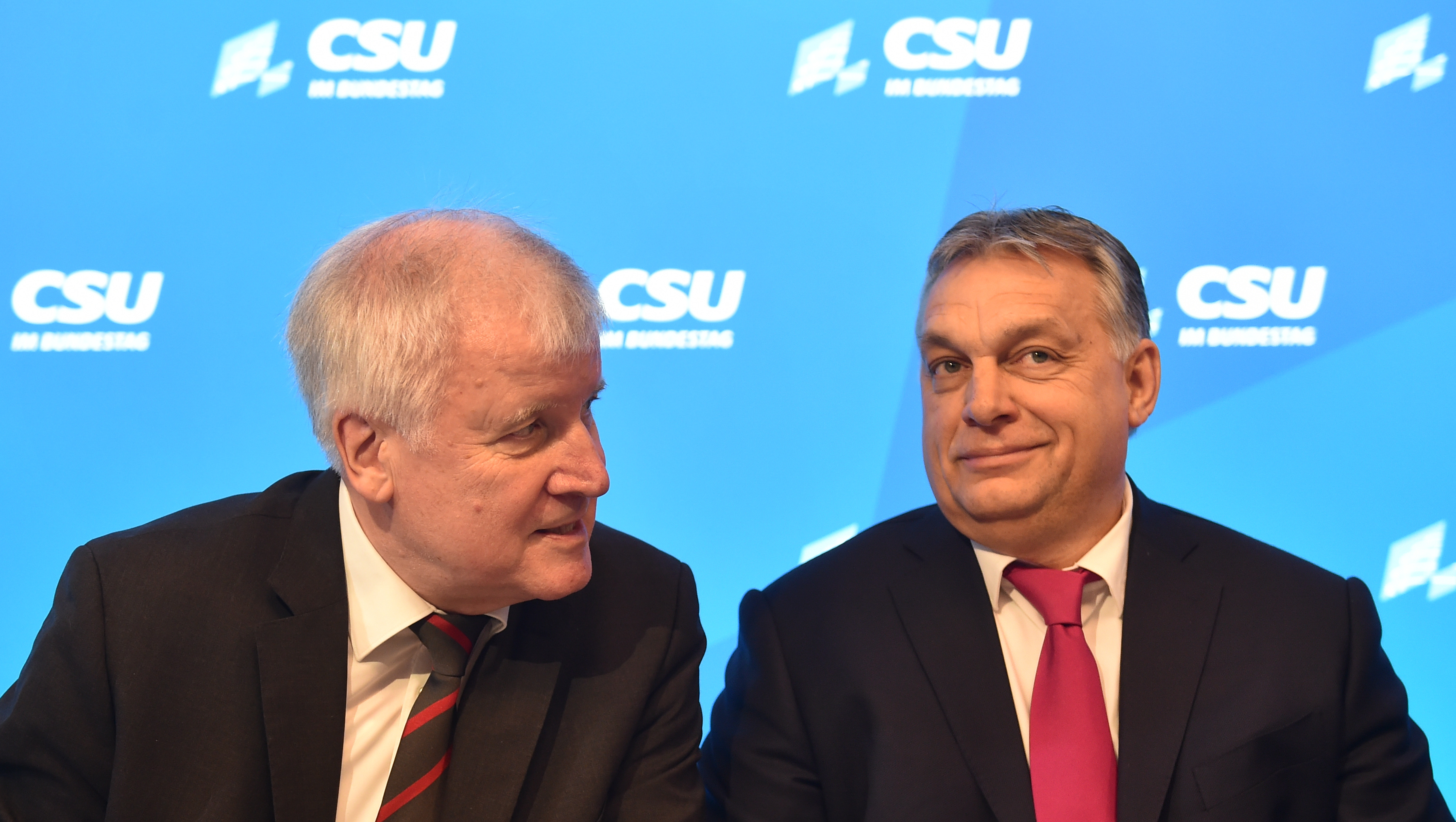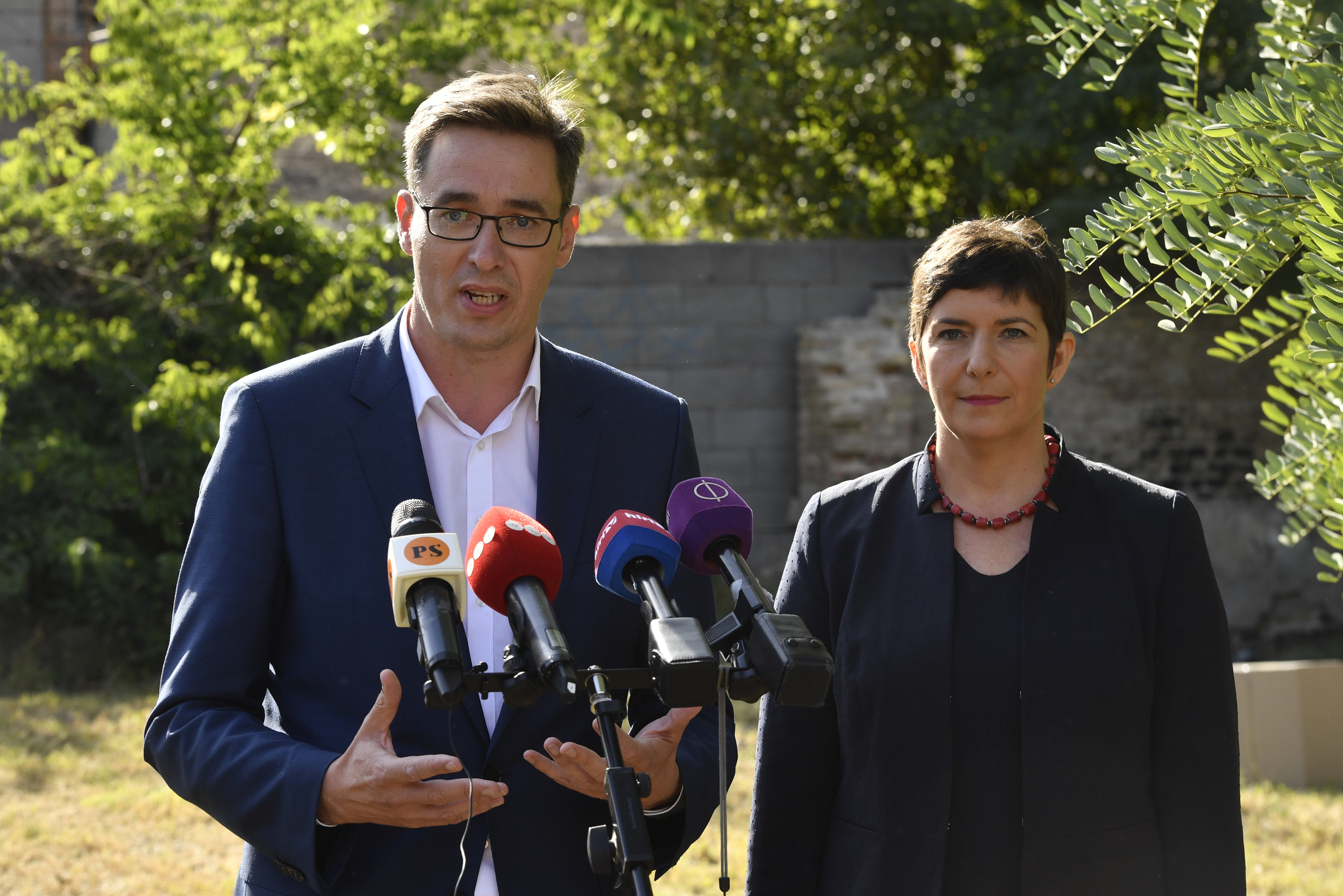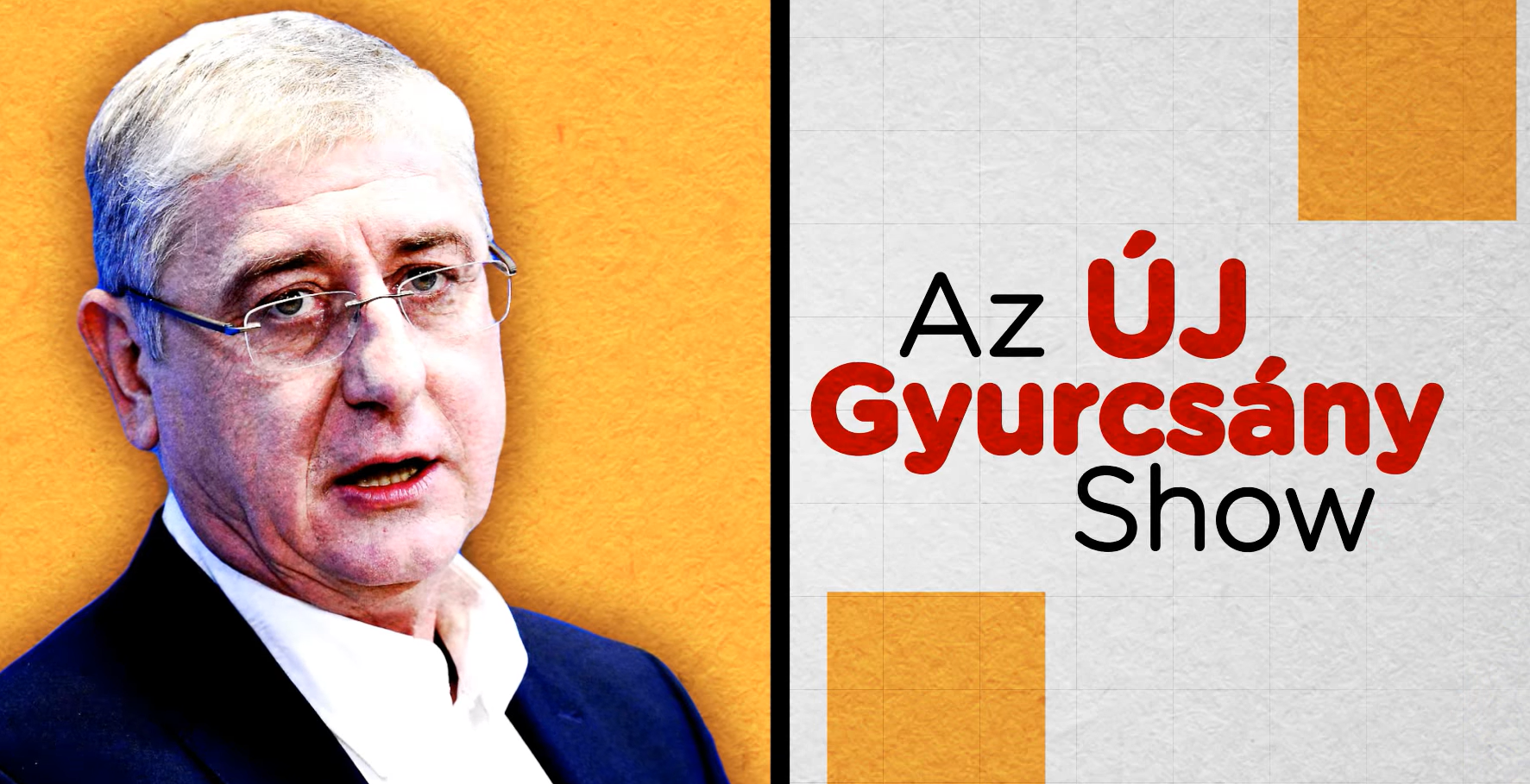European leaders call for sanctions against Hungary over anti-LGBT law
- Stay updated on the latest news from Hungary by signing up for the free InsightHungary newsletter:
Numerous European politicians have recommended cutting EU funding to Hungary in response to recent legislation widely seen as limiting the rights of Hungary's LGBT community.
Germany's interior minister Horst Seehofer suggested this week that cutting Hungary's access to EU funds could be a suitable response to the law which prohibits the display to minors of content depicting homosexuality or gender reassignment.
Seehofer, who had previously defended Prime Minister Viktor Orbán's policies on issues such as treatment of refugees, said that the law had "gone too far," and "violates central values of the European Union."
"We must not and will not accept this,” Seehofer told German newspaper Augsburger Allgemeine.
On Wednesday, Clément Beaune, the French Minister for European Affairs, told RTL Radio that he too supported sanctioning Hungary over the law, but added that like French President Emmanuel Macron, he would not support the expulsion of Hungary from the EU - something Dutch Prime Minister Mark Rutte suggested last week.
In a joint letter Thursday, four groups in the European Parliament wrote to European Commission President Ursula von der Leyen calling on the Commission to reject Hungary's draft plan for use of the Recovery and Resilience Facility (RRF), a €672.5 billion package of loans and grants meant to assist member states in post-pandemic economic recovery.
The four groups - the Greens, Socialists and Democrats, Renew Europe and The Left - recommended withholding Hungary's funds "in the light of serious concerns and the ongoing deterioration of Rule of Law in Hungary."
Directly referencing the recent law affecting LGBT people, the letter called on the Commission "to carefully assess every measure...to guarantee that the Union spending for the implementation of the Hungarian RRP would not lead in any case to the Union actively contributing to any breach of fundamental rights in Hungary."
On Wednesday, European Commission vice-president Vera Jourová expressed her wish that the Hungarian law will not be put into effect, adding that it discriminates against LGBT people based on their sexual orientation and also damages freedom of expression. However, she said, the EU's rule of law conditionality mechanism could not be used to withhold funds from Hungary, because it was designed to apply only to policies that affect the EU budget.
Opposition prime ministerial candidates send joint letter to EU leaders assuring Hungary's future in the bloc
Five opposition candidates for prime minister authored a joint letter to the heads of European Union states on Tuesday, asserting their "strong, united determination to keep Hungary in the family of European nations."
In the letter, Klára Dobrev (Democratic Coalition), András Fekete-Győr (Momentum), Péter Jakab (Jobbik), Gergely Karácsony (Dialogue) and József Pálinkás (Új Világ Néppárt) wrote that Prime Minister Viktor Orbán had "made it clear that he intends to lead Hungary out of the European Union” at a meeting of the Council of Europe last week.
“Viktor Orbán has no mandate to drive a wedge between our country and the European Union, and he cannot make senseless proposals to dismantle or paralyze our common European institutions in the name of our people," the candidates wrote, adding that the majority of Hungarians are in favor of EU membership.
The candidates promised EU leaders that if the six-party opposition coalition defeats Orbán and his Fidesz party at elections in 2022, Hungary will immediately join the European Public Prosecutor's Office, be a loyal member of the EU and NATO, "end discrimination against minorities", and put an end to "hate campaigns."
Orbán earlier outlined his vision for the future of the EU, saying in a speech that the European Parliament should consist of delegates from national parliaments, that national governments should be able to suspend the EU's legislative process, and that the phrase "ever closer union" should be deleted from the Treaty of the European Union.
Hungary updates digital vaccination certificate to EU standards
Hungary on Wednesday introduced a new digital Covid-19 certificate that will be accepted by all 27 members of the European Union and ensure free movement within the bloc for people that have been vaccinated against COVID-19, received a negative test result or recovered from the disease.
The EU-compatible certificate was introduced on the last day allowed by the European regulations, and now displays the type of vaccine received and the dates of vaccination.
Hungary's government previously pushed for all people vaccinated in the country to be considered protected by the EU regulations, but currently, member states are only required to admit people who have been inoculated with a vaccine approved by the European Medicines Agency (EMA).
Those nearly 1 million Hungarians vaccinated with the Chinese Sinopharm vaccine and 900,000 who received the Russian Sputnik jab - neither of which have been approved by the EMA - may not receive the EU digital Covid-19 certificate, and may thus be subject to national regulations including travel restrictions or denial of access to certain services or venues in other countries.
On June 25, Italian Prime Minister Mario Draghi told reporters at an EU summit in Brussels that Sputnik "was unable to obtain EMA permission and may never do so" since the jab's manufacturers did not provide required data by the June 10 deadline. Sinopharm has been approved by the World Health Organization (WHO), and is being accepted in several European countries.
Fidesz spends €185,000 in six weeks on YouTube campaign ads
For the last month and a half, YouTube users in Hungary have met with political ads placed by the ruling Fidesz party on nearly every occasion that they open the video streaming site.
The ads depict former Socialist prime minister Ferenc Gyurcsány as the mastermind behind Hungary's six-party opposition coalition that seeks to defeat Fidesz and Prime Minister Viktor Orbán in national elections in 2022. The ads, with titles such as "The Gyurcsány Show" and "Karácsony = 99% Gyurcsány," portray opposition prime ministerial candidates like Budapest Mayor Gergely Karácsony as puppets of the former prime minister.
Telex.hu reports that according to statistics on YouTube political ads kept by Google, Fidesz spent more than HUF 65 million (€186,800) in six weeks on the ads. Records on political advertising on the site have been kept since March 2019, since which time 2,601 Hungarian-language political ads have been placed at a total cost of HUF 114 million.
According to the data, the recent Fidesz ads account for more than half of all YouTube political ad spending in Hungary in more than two years.





